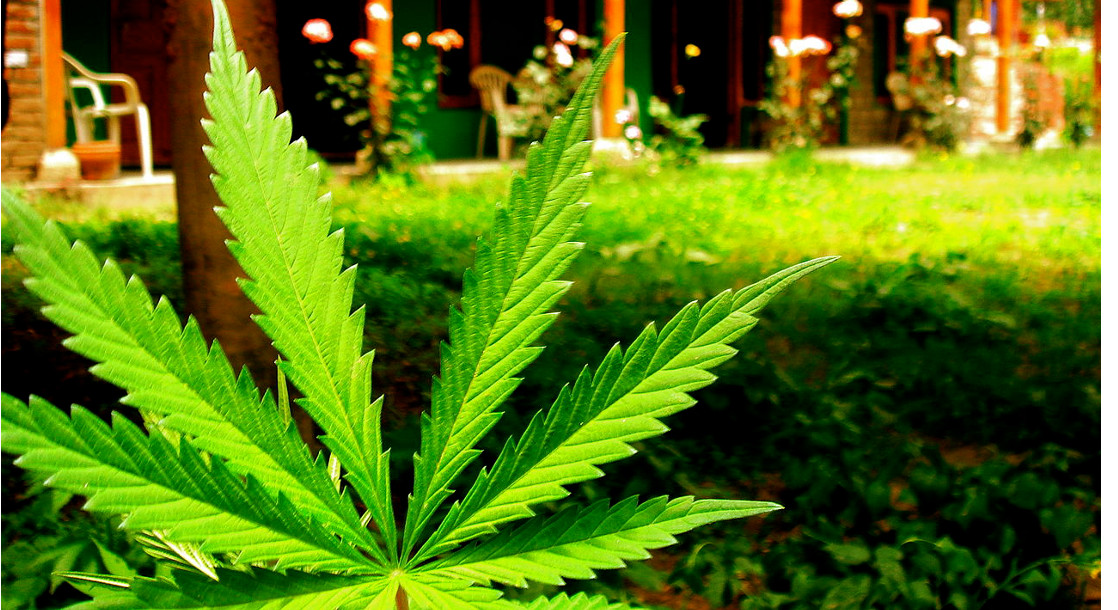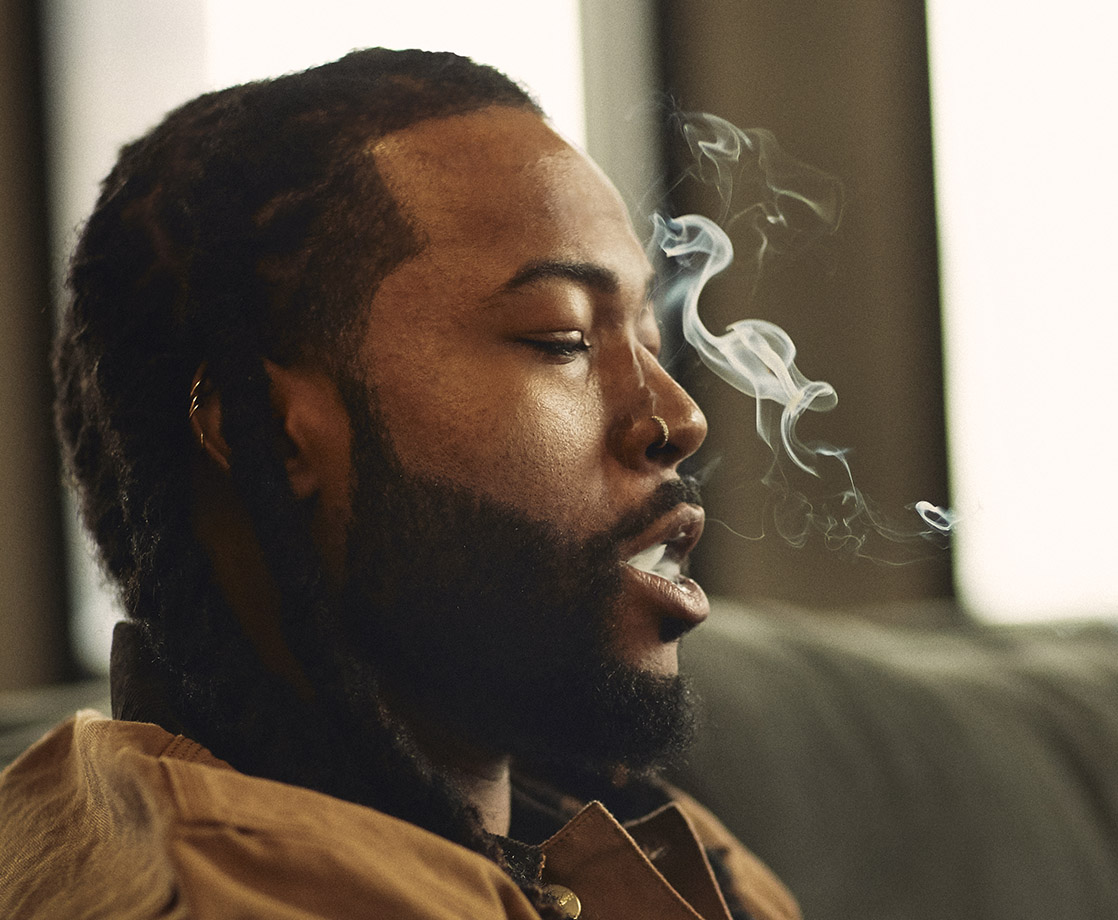If the results of the latest CBS News poll paint an accurate portrait of the population’s overall stance of marijuana legalization in the United States, all of those Congressional forces taking up space on Capitol Hill may soon have no choice but to give the issue some serious consideration.
The new survey, which was posted today, on the stoner’s holiday 420, finds that 61 percent of the America public now believes that marijuana should be taxed and regulated in a manner similar to alcohol and tobacco. This number represents the largest percentage of support ever recorded in the history of the poll.
Not all of the respondents were prepared to get behind the concept of a nation where weed is fully legal, but a heavy hitting majority (88 percent) said they have absolutely no problem allowing people to use the herb for its medicinal function. This could likely have something to do with a solid 65 percent of them believing that marijuana is less dangerous than alcohol.
Perhaps the key discovery in the latest survey is that regardless of where people stand on the issue of legalization, most Americans (nearly 70 percent) do not think drug problems should be treated as criminal offenses. They would prefer to see the nation shift gears and begin dealing with addiction and other drug-related matters as a mental health issue.
“Generally, most Americans think habitual drug use should be treated as an addiction problem rather than a criminal offense,” CBS reports. “Even most Americans who oppose legalizing marijuana think so. Majorities of Republicans, Democrats, and independents all agree.”
Despite the record-breaking outpouring of support, the poll finds that Americans are still split on the subject of whether the federal government should interfere in state marijuana laws. Yet, most disagree with Sessions’ recent comments connecting marijuana to violent crime.
Unfortunately, Congress doesn’t seem to care what the American people want when it comes to national policy. Several marijuana-related bills have been introduced in both chambers this year but, so far, not a single one appears to be on the path to a debate.











